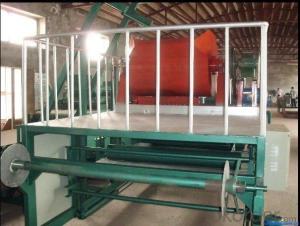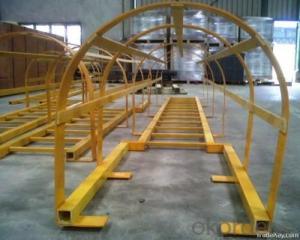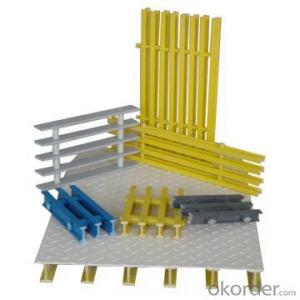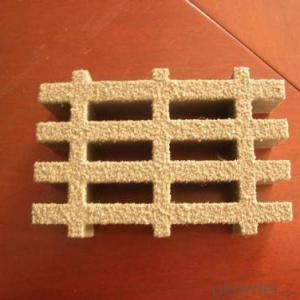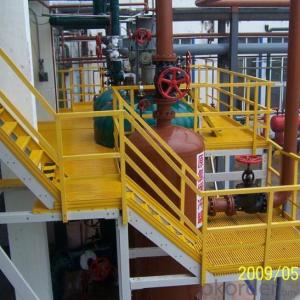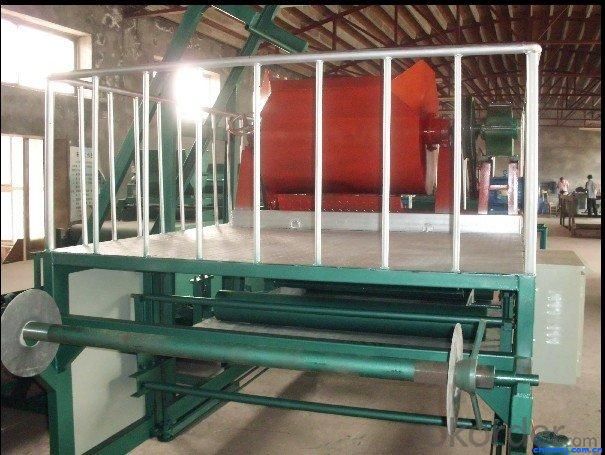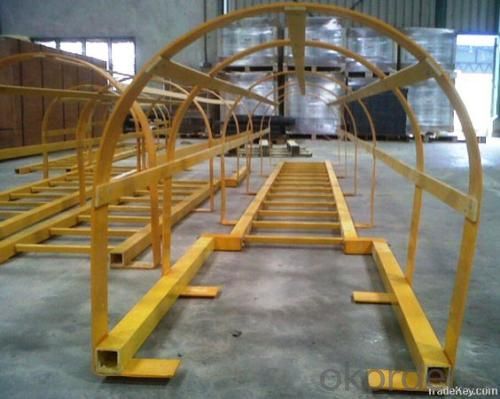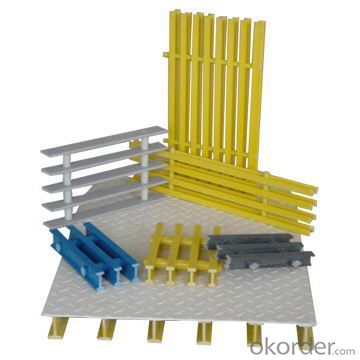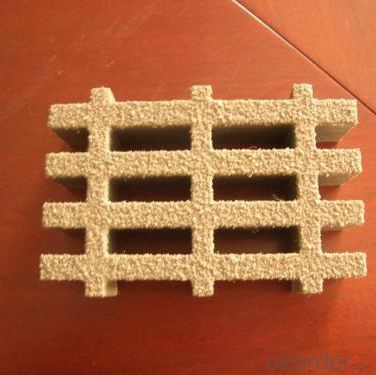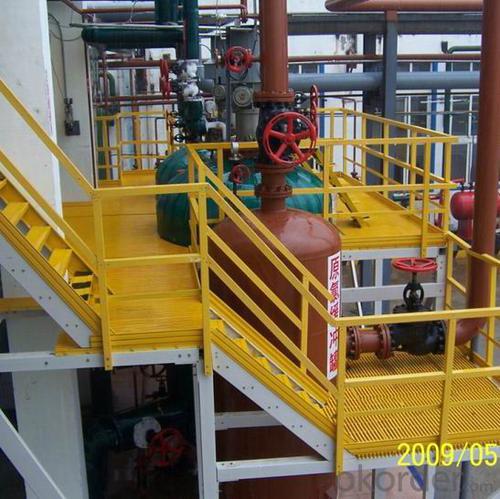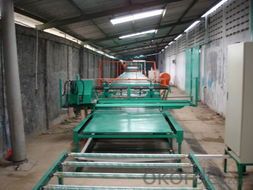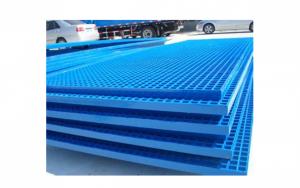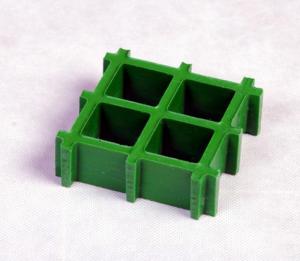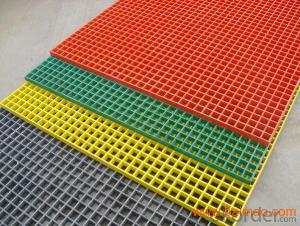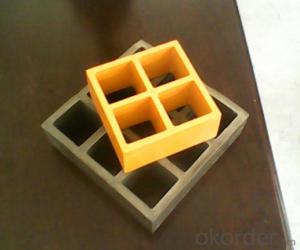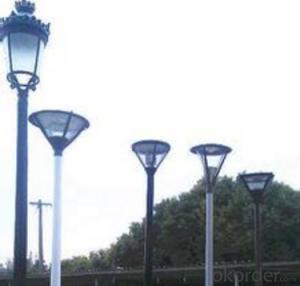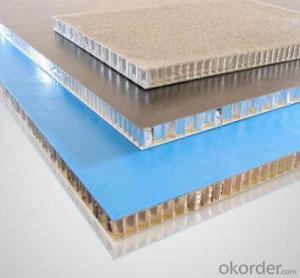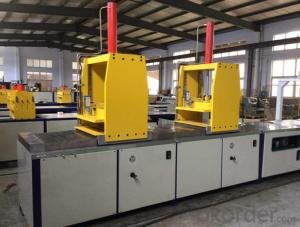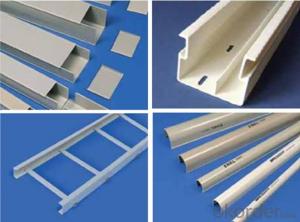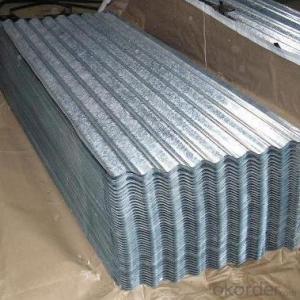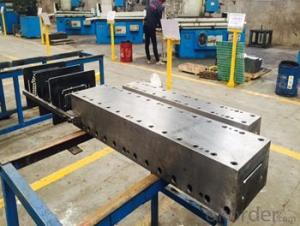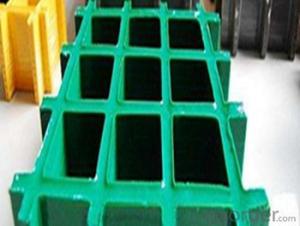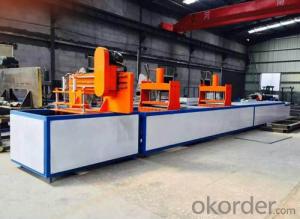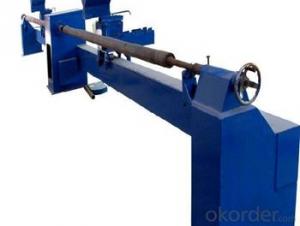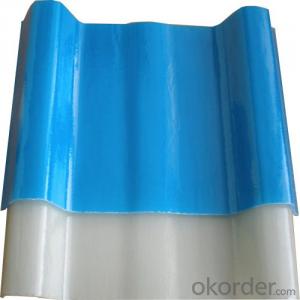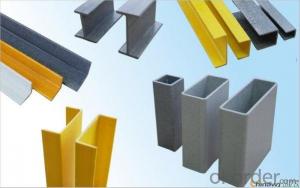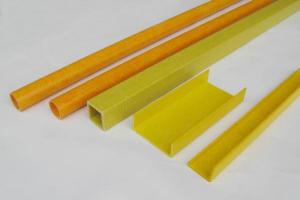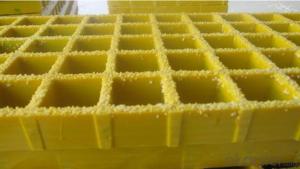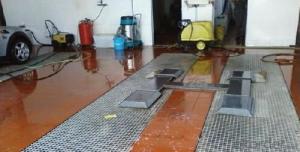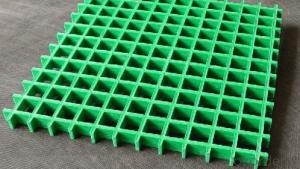FRP Pultrusion Profiles - Pultruded Grating Anti-Slip & Safety
- Loading Port:
- Tianjin
- Payment Terms:
- TT OR LC
- Min Order Qty:
- 20000 watt
- Supply Capability:
- 100000 watt/month
OKorder Service Pledge
OKorder Financial Service
You Might Also Like
Specification
PRODUCT DESCRIPTION
Pultruded grating is made by a particular assembly process, which using “I” shape as its main load-bearing and special rod to go through the bearing bar. Pultruded grating include the standard grating and the custom grating, the custom grating can be designed to meet customer’s requirement or special using condition by changing the shape, size and space of the bearing bars, the surface can be covered with lozenge panel, grit panel, or added the anti-slippery sand directly.
FRP pultruded grating has the most characteristics of molded grating, but it has its distinct advantages, it has very high fiberglass content in the loading direction, so it has very high load capability, it has more superiority when used at wide span, so that the basic support will be decreased and the project cost will be reduced accordingly.
SPECIFICATION
The standard space between two crossbars is 6 inch or 12 inch.
Thickness (mm) | Bar width (mm) | Open space (mm) | Open rate (%) | Approx weight (kg/m |
25.4 | 15.2 | 22.8 | 60 | 13.2 |
25.4 | 15.2 | 15.2 | 50 | 15.9 |
25.4 | 15.2 | 10.1 | 40 | 18.5 |
25.4 | 40 | 10.8 | 21 | 14.5 |
38.1 | 15.2 | 22.8 | 60 | 15.8 |
38.1 | 15.2 | 15.2 | 50 | 19.1 |
38.1 | 15.2 | 10.1 | 40 | 22.4 |
50.8 | 25.4 | 25.4 | 50 | 16.6 |
50.8 | 25.4 | 12.7 | 33 | 21.1 |
CHOICE FOR PULTRUDED GRATING
Resin: GP resin, ISO resin, VE resin, Phenol resin
Color choice: Yellow, gray, green, custom color
Surface choice: Groove surface, grit surface, lozenge cover surface
FEATURES
a. Anti-corrosion and anti-rust
b. Light weight and high strength
c. Anti-flammable
d. Anti- fatigue
e. Safe and anti-slippery
f. Anti-ageing
FIELDS SERVED
Sewage treatment,
water supply and drainage,
chemical industry,
oil industry,
power engineering,
pulp and paper,
construction engineering,
spinning, marine engineering.
APPLICATION
Operation terrace,
stair walkway,
ground floor,
trench cover,
sidewalk,
foot bridge,
equipment safety fence,
scaffold.
COMPANT DESCRIPTION
CNBM,China National Building Materials Group is a state-owned enterprise in charge of administrative affairs in china building materials industry. Established in 1984, CNBM is a large group corporation of building materials with total assets of 25 billion RMB and a total staff of 30,000.CNBM now owns 200 subordinating firms of solely owned and joint-venture companies.
CNBM International Corporation is one subsidiary of CNBM, we focus on offering good-quality products,professional service and complete solution to our customers. Strong delivery capacity, advanced technology& management, strong financing capability and excellent after-sale service are our advantages in sharing international market.
FAQ
1.Q:Are you factory or trading company ?
A:We are Factory produce FRP machines and FRP products.
2.Q:If can customized by customers requirements?
A:yes,we can produce the machine with customized size.
3.Q:How about the payment?
A:We accept any kind of payment.
4.Q:What is the guarantee?
A:Gurantee is one year.
5.Q:If you can training?
A:yes ,we can training in our factory also can send engineers to your factory training.
PICTURES
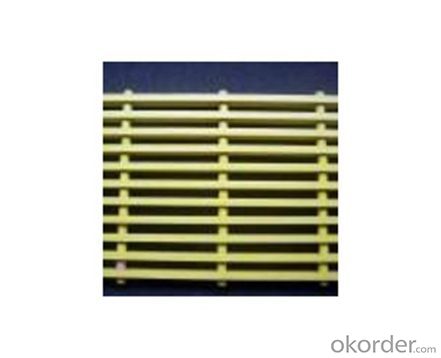
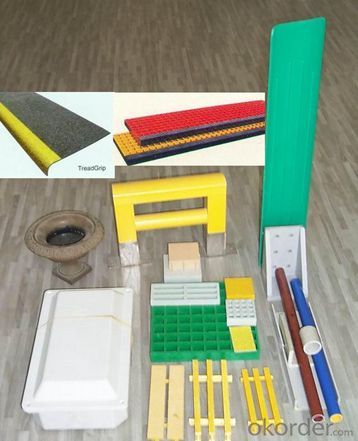
- Q: Can FRP pultrusion profiles be used in the construction of recreational vehicles (RVs)?
- Yes, FRP (Fiber Reinforced Polymer) pultrusion profiles can be used in the construction of recreational vehicles (RVs). FRP pultrusion profiles are known for their high strength-to-weight ratio, corrosion resistance, and durability, making them an ideal material for various applications, including RV construction. RVs require lightweight yet strong materials to ensure fuel efficiency and structural integrity. FRP pultrusion profiles meet these requirements as they are lightweight, yet have high tensile strength and stiffness. This allows for the construction of RVs that are strong and durable, while also being lightweight and easy to tow. In addition, FRP pultrusion profiles have excellent resistance to environmental factors such as moisture, UV radiation, and chemicals. This makes them suitable for outdoor applications, including RVs, where they will be exposed to various weather conditions. Furthermore, FRP pultrusion profiles can be easily customized and molded into various shapes and sizes, allowing for the design flexibility required in RV construction. They can be used for structural components such as frames, chassis, and supports, as well as for interior and exterior panels, floors, and roofs. Overall, the use of FRP pultrusion profiles in the construction of recreational vehicles offers numerous advantages, including strength, durability, lightweight, and resistance to environmental factors. These characteristics make FRP pultrusion profiles a reliable choice for RV manufacturers looking to build high-quality, efficient, and long-lasting vehicles.
- Q: Are FRP pultrusion profiles resistant to biological growth, such as mold or mildew?
- Yes, FRP (Fiber Reinforced Polymer) pultrusion profiles are highly resistant to biological growth, including mold and mildew. FRP materials are inherently non-porous, making it difficult for microorganisms to attach and grow on their surface. Additionally, FRP pultrusion profiles are typically manufactured using a combination of resin and glass fibers, which are both naturally resistant to biological growth. Unlike traditional materials such as wood or metal, FRP does not provide an ideal environment for mold or mildew to thrive. The smooth and non-porous surface of FRP profiles prevents moisture absorption, which is essential for the growth of microorganisms. Furthermore, FRP materials do not contain organic compounds that can support the growth of mold or mildew, making them highly resistant to biological degradation. In applications where resistance to biological growth is crucial, FRP pultrusion profiles offer a significant advantage over alternative materials. They are commonly used in environments with high humidity, moisture, or exposure to water, such as marine, agricultural, or wastewater treatment facilities. Additionally, FRP profiles are frequently employed in indoor applications where mold or mildew growth can be a concern, such as in sanitary areas or food processing plants. Overall, FRP pultrusion profiles provide excellent resistance to biological growth, including mold and mildew. Their non-porous nature, combined with the inherent resistance of the materials used in their manufacturing, make them a durable and long-lasting solution in environments where microbial growth is a potential issue.
- Q: Are FRP pultrusion profiles resistant to wear or abrasion?
- FRP pultrusion profiles exhibit exceptional durability against wear and abrasion due to the integration of reinforcing fibers, predominantly glass or carbon, and a plastic resin matrix. This combination results in a highly robust material that can endure rigorous utilization. Moreover, the pultrusion process guarantees a uniform composition, with fibers uniformly dispersed throughout the profile, thereby augmenting its resistance to wear and abrasion. Furthermore, FRP pultrusion profiles can be customized with specific additives or surface treatments to further heighten their ability to withstand wear and abrasion, rendering them suitable for diverse applications across industries such as construction, transportation, and marine.
- Q: How do FRP pultrusion profiles compare to steel or aluminum profiles?
- FRP (Fiber Reinforced Polymer) pultrusion profiles have several advantages over steel or aluminum profiles. Firstly, they are much lighter in weight, making them easier to handle and install. Secondly, FRP profiles have excellent corrosion resistance, making them suitable for use in harsh environments where steel or aluminum profiles could corrode. Additionally, FRP profiles have higher strength-to-weight ratios, offering comparable or even superior structural performance compared to steel or aluminum. Lastly, FRP profiles are non-conductive, making them ideal for applications where electrical insulation is required.
- Q: What is the compression strength of FRP pultrusion profiles?
- The compression strength of FRP pultrusion profiles can vary due to several factors, including the type of resin, fiber orientation, and design. However, on average, the compression strength of these profiles ranges from 10,000 to 50,000 psi. It is worth mentioning that these values are approximate and may differ depending on the specific application and intended use of the FRP profiles. Moreover, manufacturers usually offer technical data sheets that detail the compression strength and other mechanical properties of their FRP pultrusion products. These sheets can be used to obtain more precise and dependable information.
- Q: Are FRP pultrusion profiles electrically conductive?
- No, FRP pultrusion profiles are not electrically conductive.
- Q: Can FRP pultrusion profiles be used in the construction of theme park rides?
- Theme park rides can indeed incorporate FRP (Fiber Reinforced Polymer) pultrusion profiles. These profiles possess various advantages that make them suitable for this purpose. First and foremost, FRP pultrusion profiles possess a combination of lightness and strength, rendering them ideal for constructing ride structures that must endure dynamic loads and forces. Their remarkable strength-to-weight ratio enables the creation of intricate, sizable structures capable of supporting the weight of riders and withstanding the forces generated during operation. Moreover, FRP pultrusion profiles exhibit corrosion resistance, a crucial characteristic for theme park rides frequently exposed to outdoor environments, including moisture, chemicals, and UV radiation. This corrosion resistance ensures the durability and safety of the ride structures throughout their lifespan, reducing the need for costly maintenance and repairs. Another advantage of FRP pultrusion profiles lies in their design flexibility. They can be easily shaped and sized to meet the unique requirements of theme park ride designs. This versatility allows for the creation of distinctive, visually appealing ride structures that enhance the overall experience for park visitors. Furthermore, FRP pultrusion profiles possess excellent electrical insulation properties, particularly valuable for rides involving electrical components or systems. This insulation effectively minimizes the risk of electrical hazards, ensuring the safety of riders and operators. In conclusion, FRP pultrusion profiles are an excellent choice for constructing theme park rides due to their lightweight nature, high strength, corrosion resistance, design flexibility, and electrical insulation properties. By incorporating these profiles, safe, durable, and visually captivating ride structures can be developed, enhancing the enjoyment and excitement of theme park visitors.
- Q: What are the limitations of FRP pultrusion profiles?
- Some limitations of FRP pultrusion profiles include limited design flexibility, susceptibility to UV degradation, potential for delamination or fiber breakage under high impact or bending loads, and difficulty in achieving complex geometries. Additionally, FRP pultrusion profiles may have higher initial costs compared to traditional materials, and the availability of large-scale production may be limited.
- Q: Do FRP pultrusion profiles have any limitations or drawbacks?
- FRP pultrusion profiles indeed have certain limitations and drawbacks that need to be taken into account. One of these limitations is their lower stiffness compared to traditional materials like steel or aluminum. As a result, they may not be suitable for applications that demand high structural rigidity or heavy loads. Another constraint is their susceptibility to creep, which refers to the gradual deformation of the material under a constant load over time. This can adversely affect the long-term performance and durability of the profiles, particularly in scenarios where they face sustained stress. Moreover, FRP pultrusion profiles generally incur higher production costs compared to traditional materials. The manufacturing process involves pultruding continuous fibers through a resin matrix, requiring specialized equipment and expertise. Consequently, the higher production expenses make FRP pultrusion profiles less economically viable for certain applications. Additionally, FRP pultrusion profiles are typically not suitable for high-temperature applications. The resin matrix used in their production can degrade or soften at elevated temperatures, thereby restricting their use in environments where thermal resistance is crucial. Finally, FRP pultrusion profiles may have limited design flexibility compared to other materials. The pultrusion process typically yields profiles with constant cross-sections and limited geometric complexity. Consequently, their use is restricted in applications that necessitate intricate shapes or customized designs. Despite these limitations, FRP pultrusion profiles offer several advantages, such as a high strength-to-weight ratio, corrosion resistance, and electrical insulation properties. Therefore, it is crucial to thoroughly consider the specific requirements of the application before opting for FRP pultrusion profiles.
- Q: Can FRP pultrusion profiles be used in electrical insulation applications?
- FRP pultrusion profiles are capable of being utilized in electrical insulation applications. They possess exceptional electrical insulation properties, rendering them appropriate for a broad range of electrical applications. The superior dielectric strength of FRP materials ensures the efficient containment of electrical currents within designated pathways, thus preventing leakage and electrical hazards. Moreover, FRP profiles exhibit low electrical conductivity, thereby decreasing the likelihood of electrical shorts and enhancing overall safety in electrical insulation applications. The non-magnetic characteristics of FRP materials are also advantageous as they eliminate the potential for electromagnetic interference (EMI) in sensitive electrical systems. Furthermore, FRP pultrusion profiles are lightweight, resistant to corrosion, and boast a lengthy operational lifespan. This renders them an economical and robust solution for electrical insulation applications.
Send your message to us
FRP Pultrusion Profiles - Pultruded Grating Anti-Slip & Safety
- Loading Port:
- Tianjin
- Payment Terms:
- TT OR LC
- Min Order Qty:
- 20000 watt
- Supply Capability:
- 100000 watt/month
OKorder Service Pledge
OKorder Financial Service
Similar products
Hot products
Hot Searches
Related keywords
